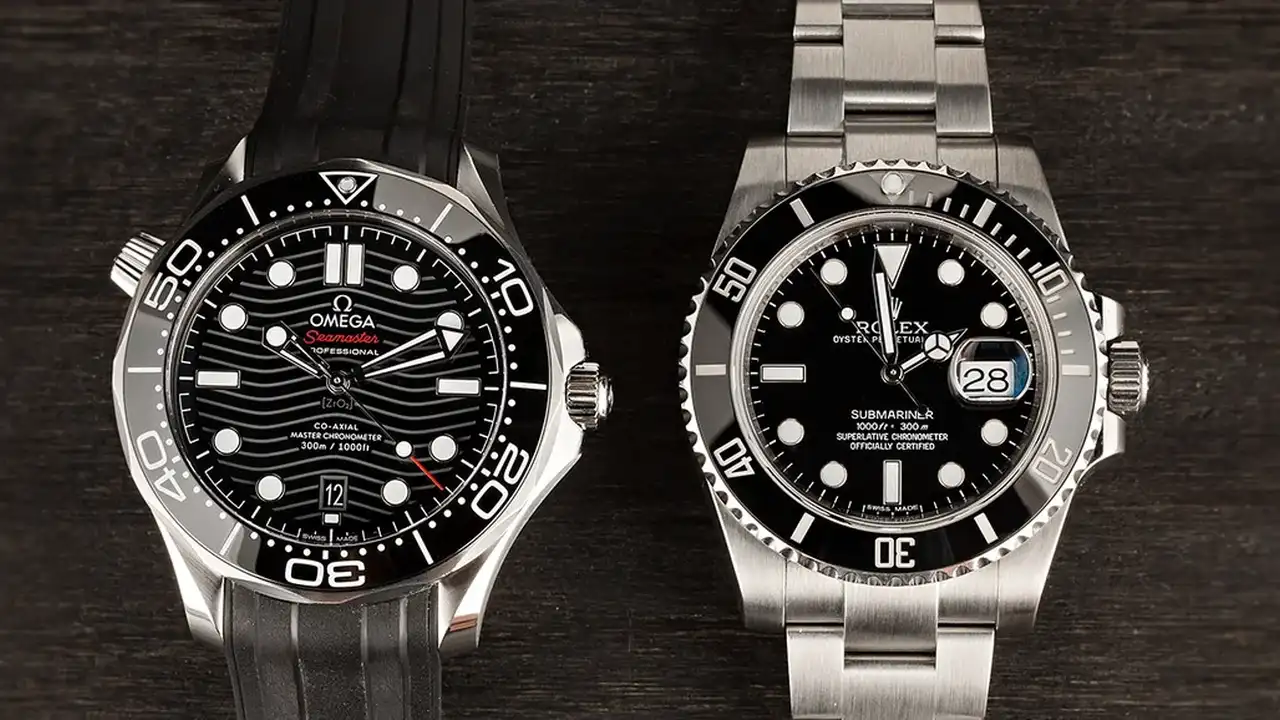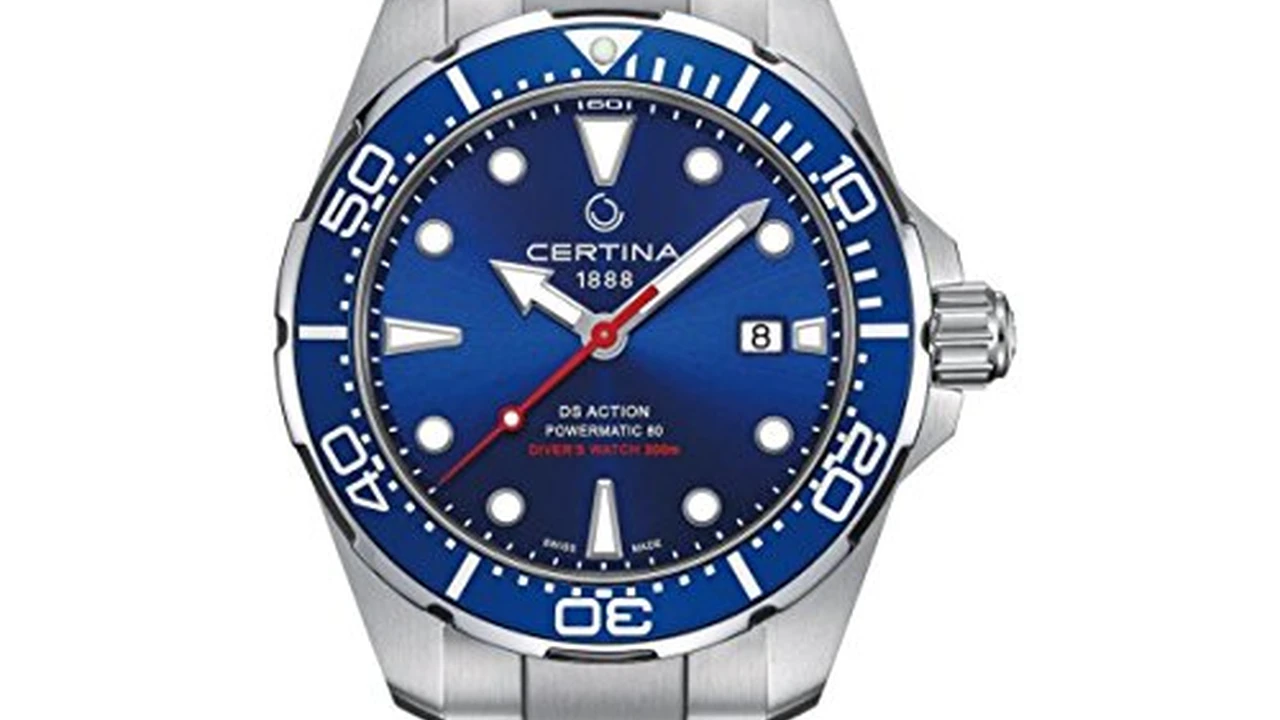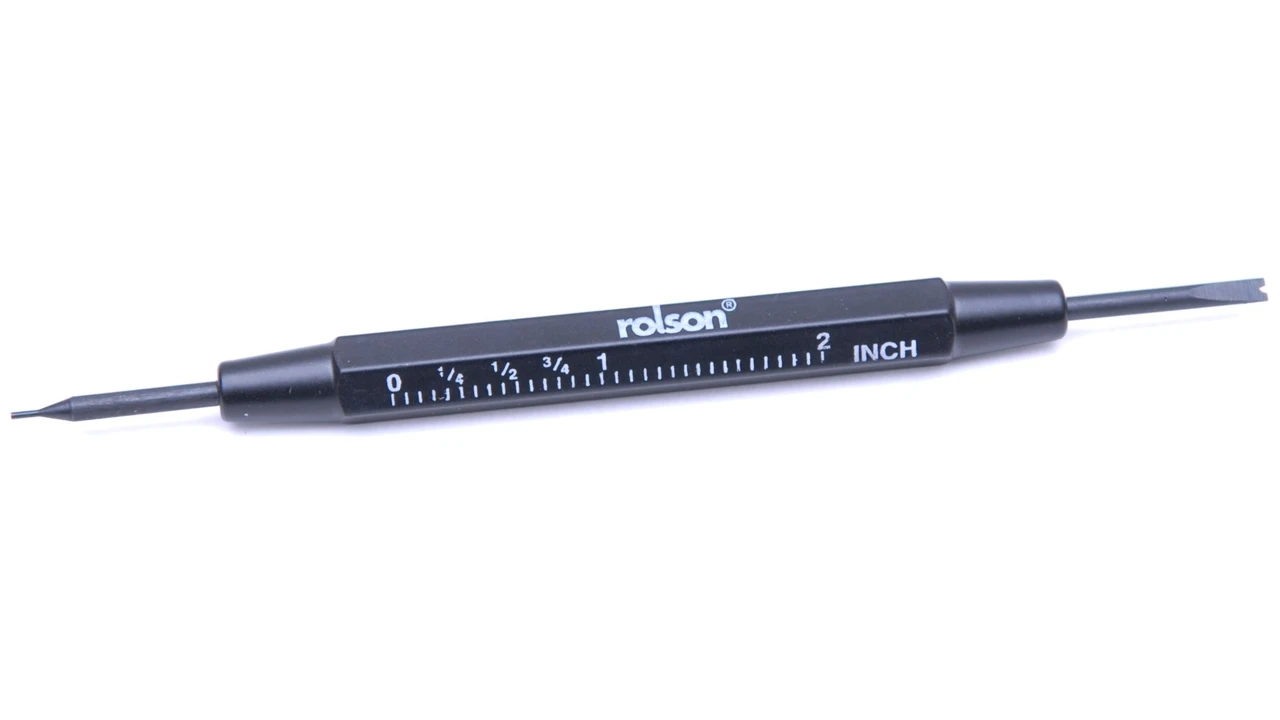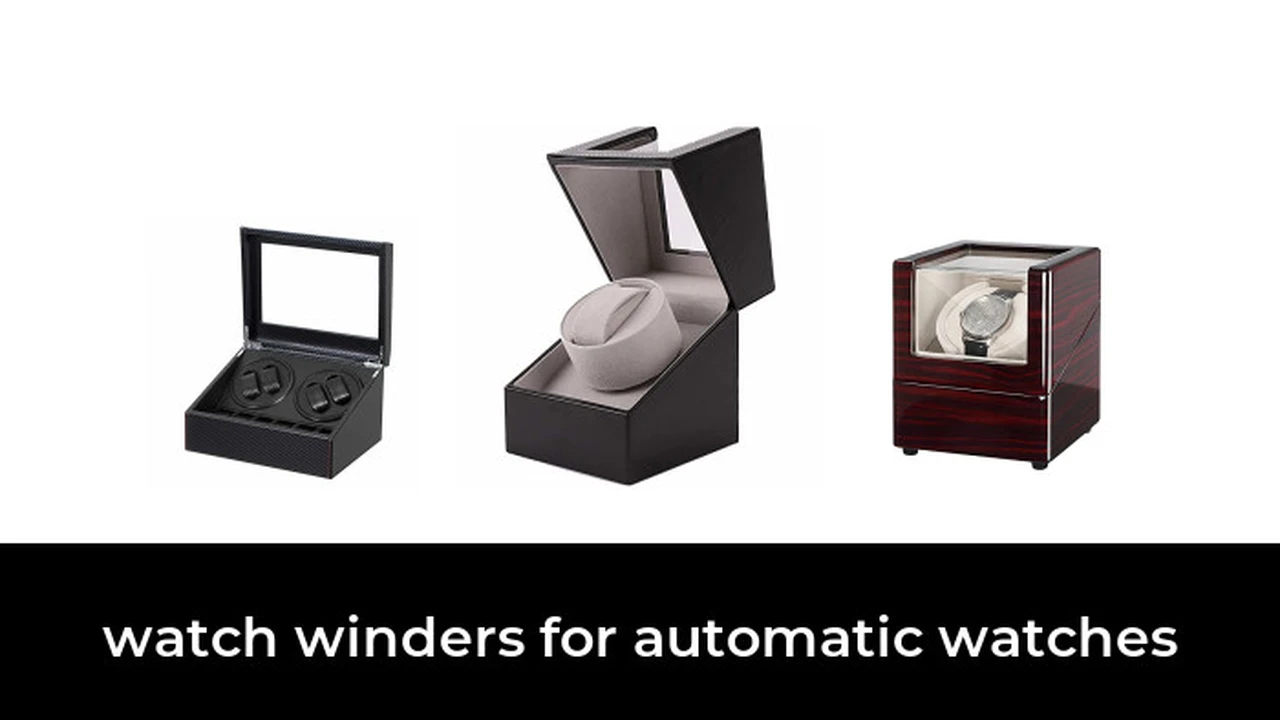Rolex Submariner vs
Apple Watch vs. Samsung Galaxy Watch: A detailed comparison of features, design, and ecosystem to help you choose the best smartwatch for your needs.

Apple Watch vs Samsung Galaxy Watch Design and Build Quality Comparison
Okay, let's dive right in! When you're slapping a piece of tech on your wrist every day, looks matter, right? Both Apple and Samsung get this. The Apple Watch, especially the Series models, boasts a sleek, minimalist design. Think rounded corners, a smooth, almost seamless integration of the screen and body, and that iconic Digital Crown. It's undeniably Apple – clean, modern, and kinda screams 'I'm sophisticated.'
Samsung, on the other hand, often goes for a more traditional watch aesthetic, particularly with their Galaxy Watch series. You'll find rotating bezels (which are super satisfying to use, by the way), more pronounced lugs, and generally a chunkier, more masculine vibe. They've also experimented with different materials and finishes, giving you more options in terms of personal style.
Apple Watch: Typically aluminum or stainless steel, with the option of titanium on higher-end models.
Samsung Galaxy Watch: Usually stainless steel or aluminum.
Durability: Both are pretty tough. They're water-resistant (more on that later) and can handle daily wear and tear. But if you're *really* rough on your gear, you might want to consider a protective case, regardless of which one you choose.
Apple Watch vs Samsung Galaxy Watch Features and Functionality Detailed Comparison
This is where things get interesting! Both smartwatches are packed with features, but they approach things from slightly different angles.
Apple Watch:
- Ecosystem Integration: This is Apple's superpower. If you're already deep into the Apple world (iPhone, AirPods, etc.), the Apple Watch integrates seamlessly. Notifications, calls, music, everything just works.
- Health Tracking: Top-notch. Heart rate monitoring, ECG, blood oxygen, sleep tracking, fall detection – it's got the works. And the data is presented in a clear, easy-to-understand way.
- Apps: Huge app store. You can find apps for just about anything you can imagine.
- Siri: Voice assistant integration is pretty good, especially for controlling smart home devices and setting reminders.
- Apple Pay: Contactless payments are a breeze.
Samsung Galaxy Watch:
- Operating System: Runs on Wear OS (powered by Samsung). It's gotten a lot better over the years and now offers a smoother, more intuitive experience.
- Health Tracking: Similar to Apple Watch, but some argue Samsung's sleep tracking is slightly more detailed. Also includes body composition analysis (BIA), which is a cool feature.
- Apps: Decent app store, but not as extensive as Apple's.
- Bixby/Google Assistant: You can choose between Samsung's Bixby or Google Assistant.
- Samsung Pay: Works with NFC and MST (Magnetic Secure Transmission) technology, meaning it can work with older payment terminals that don't have NFC.
Key Differences:
- ECG: Both have it, but availability can vary depending on your region due to regulatory approvals.
- Body Composition Analysis (BIA): Samsung's exclusive feature that measures body fat percentage, muscle mass, etc.
- Rotating Bezel: A unique and intuitive way to navigate the Samsung Galaxy Watch interface.
Apple Watch vs Samsung Galaxy Watch Health and Fitness Tracking Comparison
Let's get physical! Both watches are excellent fitness trackers, but there are some nuances to consider.
Apple Watch:
- Activity Rings: Apple's signature motivational system. Three rings (Move, Exercise, Stand) encourage you to be active throughout the day.
- Workout Tracking: Supports a wide range of activities, from running and swimming to yoga and HIIT.
- GPS Accuracy: Generally very accurate.
- Heart Rate Monitoring: Reliable and consistent.
- Apple Fitness+: Subscription service that provides guided workouts and fitness programs.
Samsung Galaxy Watch:
- Automatic Workout Detection: Automatically detects and starts tracking common activities like walking, running, and cycling.
- Workout Tracking: Similar to Apple Watch, with a wide range of supported activities.
- GPS Accuracy: Generally very accurate, but can sometimes be slightly slower to acquire a signal.
- Heart Rate Monitoring: Reliable and consistent.
- Samsung Health: Comprehensive health and fitness tracking app.
Which is better for fitness? It really depends on your preferences. Both are great, but Apple's Activity Rings might be more motivating for some, while Samsung's BIA feature could be a deciding factor for others.
Apple Watch vs Samsung Galaxy Watch Battery Life and Charging Detailed Comparison
Battery life is always a concern with smartwatches. Here's the breakdown:
Apple Watch: Typically lasts around 18-24 hours with normal use. This means you'll likely need to charge it every night.
Samsung Galaxy Watch: Generally offers better battery life than the Apple Watch, often lasting 2-3 days with normal use. Some models can even stretch to 4-5 days with light use.
Charging:
- Apple Watch: Uses a proprietary magnetic charging puck.
- Samsung Galaxy Watch: Supports wireless charging (Qi standard), so you can use a compatible wireless charging pad or even reverse wireless charging on some Samsung phones.
Winner? Samsung generally wins on battery life, but the Apple Watch charges faster.
Apple Watch vs Samsung Galaxy Watch Price and Value Proposition Comparison
Let's talk money. Prices can vary depending on the model, size, and features, but here's a general idea:
Apple Watch: Typically starts at a higher price point than the Samsung Galaxy Watch. The latest models (Series) are the most expensive.
Samsung Galaxy Watch: Generally more affordable than the Apple Watch. You can often find good deals on older models.
Value:
- Apple Watch: If you're already invested in the Apple ecosystem, the seamless integration and extensive app store make it a compelling choice.
- Samsung Galaxy Watch: If you're looking for a more affordable option with good battery life and a more traditional watch design, the Samsung Galaxy Watch is a great choice.
Specific Product Recommendations and Use Cases
Apple Watch Series 9
Use Case: Best overall Apple Watch experience, ideal for iPhone users who want the latest features and performance.
Features: S9 SiP, double tap gesture, brighter display, advanced health tracking.
Price: Starting at $399.
Samsung Galaxy Watch 6
Use Case: Great for Android users who want a feature-rich smartwatch with excellent battery life and a stylish design.
Features: Wear OS powered by Samsung, rotating bezel (on some models), body composition analysis, improved sleep tracking.
Price: Starting at $299.
Apple Watch SE (2nd Gen)
Use Case: A more affordable Apple Watch option that still offers essential features like health tracking and notification support.
Features: S8 SiP, fall detection, family setup, water resistance.
Price: Starting at $249.
Samsung Galaxy Watch 5 Pro
Use Case: Best for outdoor enthusiasts and those who prioritize battery life and durability.
Features: Titanium case, sapphire crystal display, long battery life, advanced navigation features.
Price: Starting at $449 (but often on sale).
Apple Watch vs Samsung Galaxy Watch Which Ecosystem is Better
This is HUGE. If you're an iPhone user, the Apple Watch is a no-brainer. It integrates seamlessly with your phone, AirPods, and other Apple devices. You get iMessage notifications, Apple Pay, and access to the Apple App Store. It's all very smooth and convenient.
If you're an Android user, the Samsung Galaxy Watch is the better choice. While it *can* work with iPhones, the experience isn't as seamless. You won't get iMessage notifications, and some features may be limited. The Galaxy Watch is designed to work best with Android phones.
Apple Watch vs Samsung Galaxy Watch Water Resistance Detailed Comparison
Both the Apple Watch and the Samsung Galaxy Watch are water-resistant, but the degree of water resistance varies depending on the model.
Apple Watch: Most models are water-resistant to 50 meters (WR50), meaning they're suitable for swimming in a pool or the ocean. However, Apple advises against using them for high-speed water sports or diving.
Samsung Galaxy Watch: Most models are also water-resistant to 50 meters (WR50). The Galaxy Watch 5 Pro offers even better water resistance with an IP68 rating and MIL-STD-810H durability.
Important Note: Water resistance can degrade over time due to wear and tear. It's a good idea to avoid exposing your smartwatch to extreme temperatures or pressures.
:max_bytes(150000):strip_icc()/277019-baked-pork-chops-with-cream-of-mushroom-soup-DDMFS-beauty-4x3-BG-7505-5762b731cf30447d9cbbbbbf387beafa.jpg)






